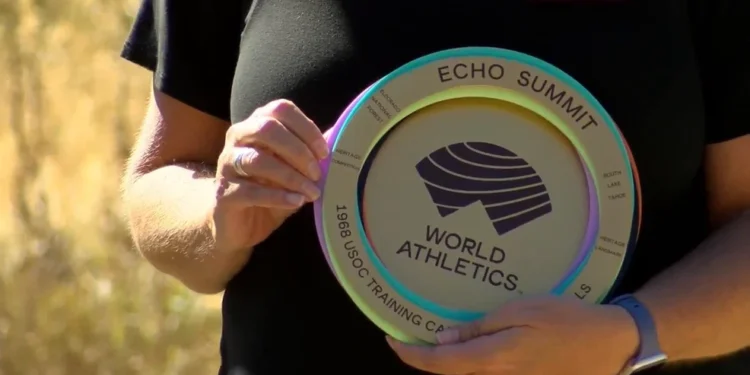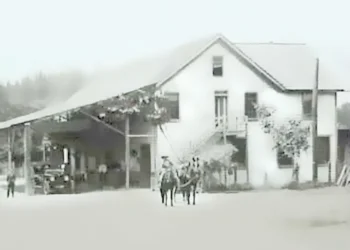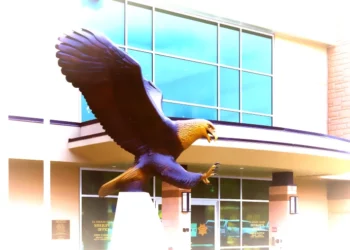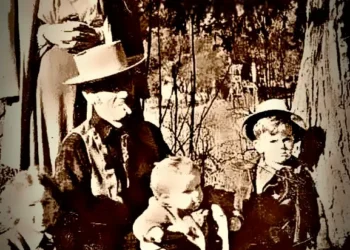ECHO SUMMIT, Calif. — Over half a century since their historic qualification for the 1968 Summer Olympics in Mexico City, four members of Team U.S.A.’s Track and Field squad returned to Echo Summit on Wednesday to honor the site where their Olympic journey began. The special occasion marked the dedication of the training ground as a World Athletics Heritage site.
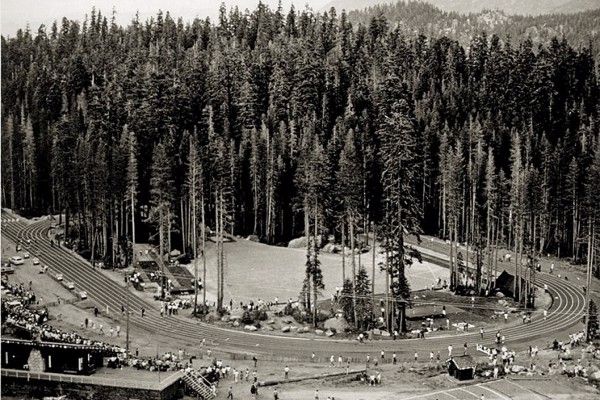
Among those in attendance was Ron Whitney, who competed in the 400-meter event during the 1968 games. Reflecting on the powerful bond shared between his teammates, Whitney said, “We have a love here. There’s kind of an indescribable type of love. Anywhere in the world at any time with any one of us, we will be there for each other.”
Joining Whitney for the ceremony were fellow Olympians John Carlos, Bill Toomey, and Norm Tate. Each had a hand in making Echo Summit an iconic location, not only for its role in their Olympic qualification but also for the legacy they’ve carried forward ever since.
Sebastian Coe, President of World Athletics, praised the significance of the location in his speech, noting, “There has never been an athletics meeting before or since like the 1968 U.S. Trials at Echo Summit.”
For Tate, who competed in the triple jump in Mexico City, the experience at Echo Summit had lasting effects. “Being here during that period and seeing what was actually taking place as it affected us sport-wise made me become politically aware, even to this day,” he said.
The 1968 Olympics are remembered not only for the athletic achievements but also for the social and political impact that members of Team U.S.A. brought to the forefront. John Carlos, in particular, made history with his iconic Black Power salute during the National Anthem—an image that became one of the most influential symbols of the 1960s civil rights movement.
Carlos, reflecting on the enduring significance of their actions, shared, “The greatest thing is that we will have a legacy. Fifty years after we’re dead, 100 years after we’re dead, our legacy will come through the same, and people will look down and realize who we were and what we meant to society as human beings.”
As the team members return to Echo Summit, the dedication of the site serves as a powerful reminder of their achievements both on the track and in standing for justice. Their legacy will undoubtedly inspire generations to come.

